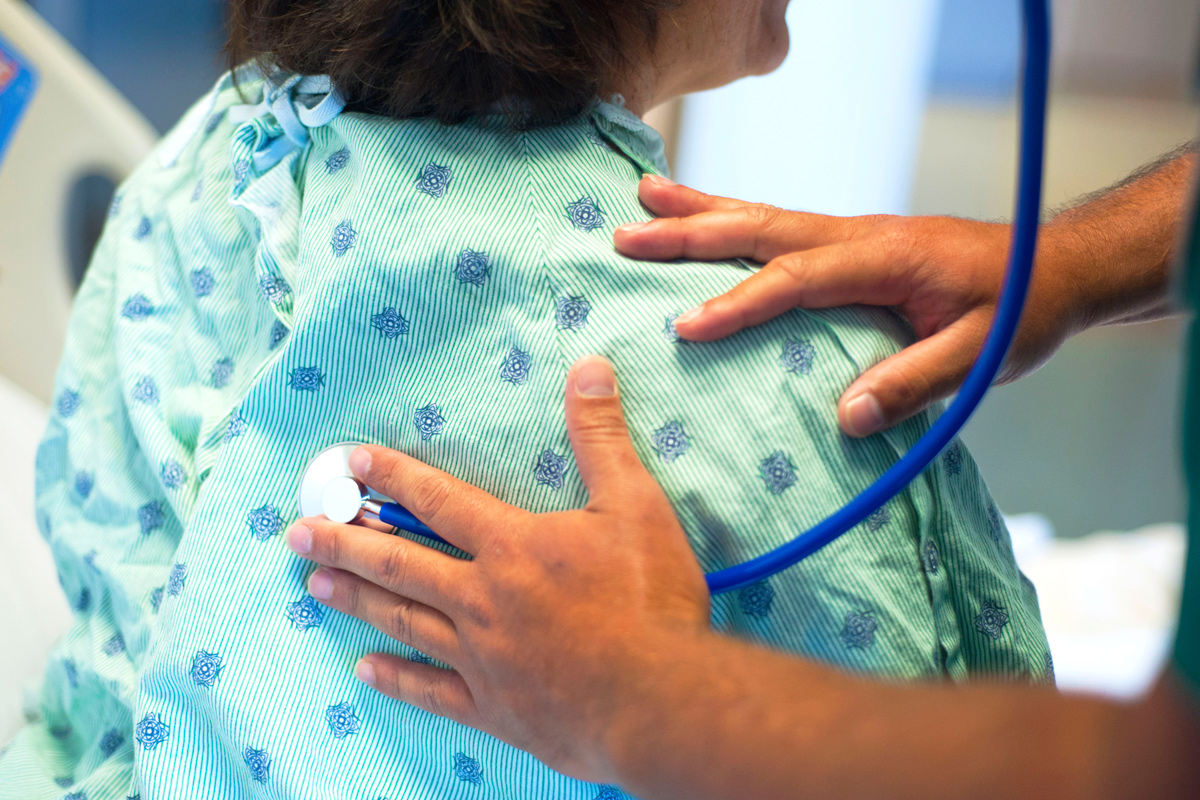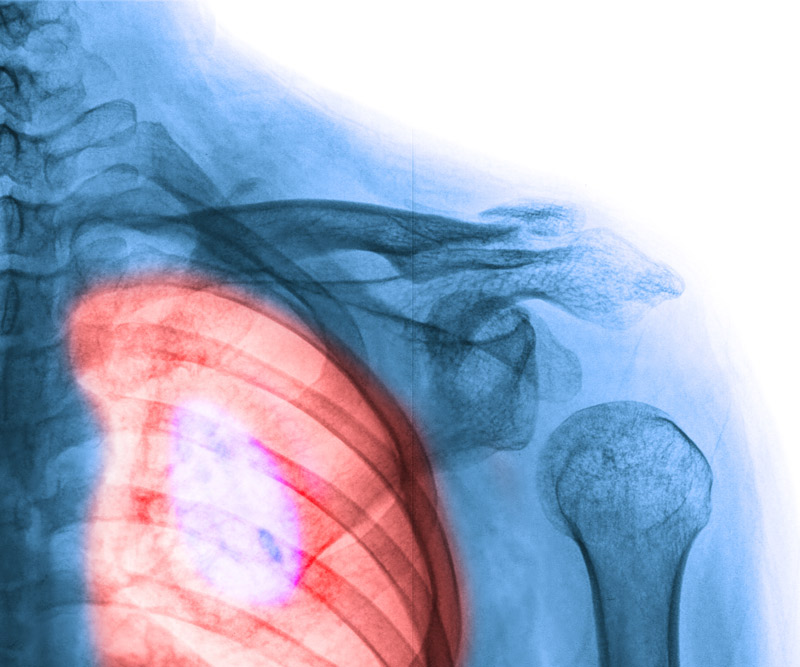
Keep Your Airways Clear of COPD
COPD, or chronic obstructive pulmonary disease, is a serious lung disease that, simply put, makes it difficult to breathe.
It is the third leading cause of death in the United States and second leading cause of disability, with an estimated 24 million people currently living with COPD.
In Hawaii, 4.2% of the local population is affected by COPD.
Characterized by a nagging cough and constant shortness of breath, COPD most often involves a combination of chronic bronchitis and emphysema brought on by years of smoking.
Causes of COPD
Inhaling tobacco smoke irritates the airways and, over a long period of time, destroys the stretchy fibers in the lungs, making it harder for air to move into and out of your lungs. This condition, called emphysema, creates a feeling of breathlessness.
The second part of the COPD cocktail is chronic bronchitis, a condition also caused by long-term smoking. Its calling card is the "smoker's cough," which usually is worse in the mornings and in damp, cold weather.
In chronic bronchitis, the bronchial tubes get inflamed and produce a lot of mucus. When too much mucus builds up in the airways, it gets harder and harder to breathe.
Other risk factors for COPD include a family history and exposure to secondhand smoke or other air pollution, chemical fumes or dust. People with asthma and preterm babies also are at a greater risk for getting COPD later in life.
However, a vast majority – about 90% – of people with COPD are current or former smokers, and about 20% of long-term smokers will go on to develop some form of COPD.
COPD Symptoms
COPD takes many years to develop, which is why many patients do not report symptoms until after age 40. The main symptoms of COPD include:
- A long-lasting cough.
- Clear, white, yellow or greenish mucus that comes up when you cough.
- Wheezing.
- Chest tightness.
- Shortness of breath.
- Frequent respiratory infections.
- Lack of energy.
As COPD progresses, you may begin to feel out of breath even during simple activities, such as walking, cooking, cleaning, getting dressed or even bathing.
Many people with advanced COPD lose weight and become weak because it takes so much effort to eat (breathing alone burns 10 times more calories than it used to) and because too much food in the stomach decreases the amount of room the lungs have to expand.
Severe flare-ups, called COPD exacerbation, also occur in the later stages of COPD and can range from mild to life-threatening. Experts advise flare-ups should be avoided, as they can lead to pneumonia and additional weakening of the lungs.
Signs that a flare-up is coming include:
- Change/worsening of symptoms, such as more shortness of breath.
- More cough with discolored mucus.
- Usual medications not effective.
Consult your primary care physician (PCP) early regarding these changes. Shortness of breath can be caused by a lung problem, a heart problem or a combination of both. By determining which health condition could be causing the symptoms, your PCP can determine the best treatment plan for you.
Treatment Options
COPD can be a debilitating disease, but, if diagnosed properly, treatment is available to help improve symptoms for most people.
Stop Smoking
Continuing to smoke only speeds up lung loss and worsens symptoms.
Stay Active
Establish a safe exercise program that incorporates Pursed-Lip Breathing (PLB) techniques. Pace yourself so as not to get too tired. Always consult with your doctor.
Watch Your Diet
Some folks can benefit from weight loss, while others may require special supplementation because of eating difficulty caused by breathlessness.
Drink Plenty of Fluids
Pay attention to getting adequate fluid intake.
Practice Proper Handwashing
Get Vaccinated
Avoid crowds during cold and flu season. Steer clear of friends and family members who are sick. Take medications as directed, including oxygen therapy, if prescribed.
Find a Support Group
Hawaii Pacific Health partners with the Hawaii COPD Coalition each month to host free support group meetings for people living with COPD and other breathing problems.
Published on: November 2, 2023




